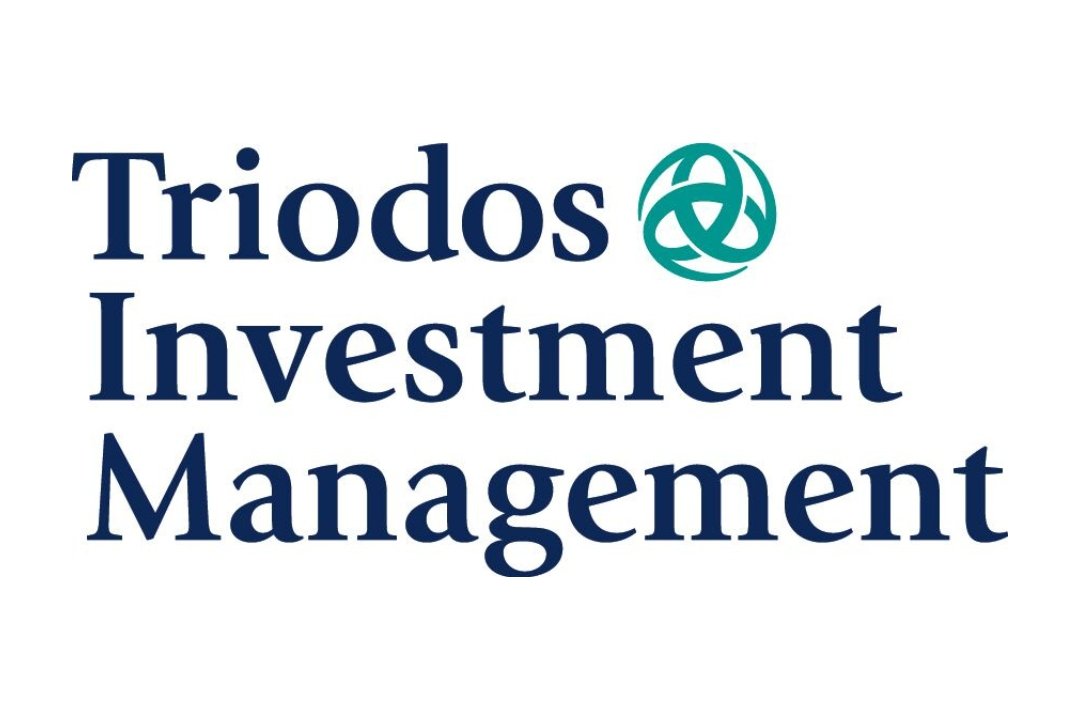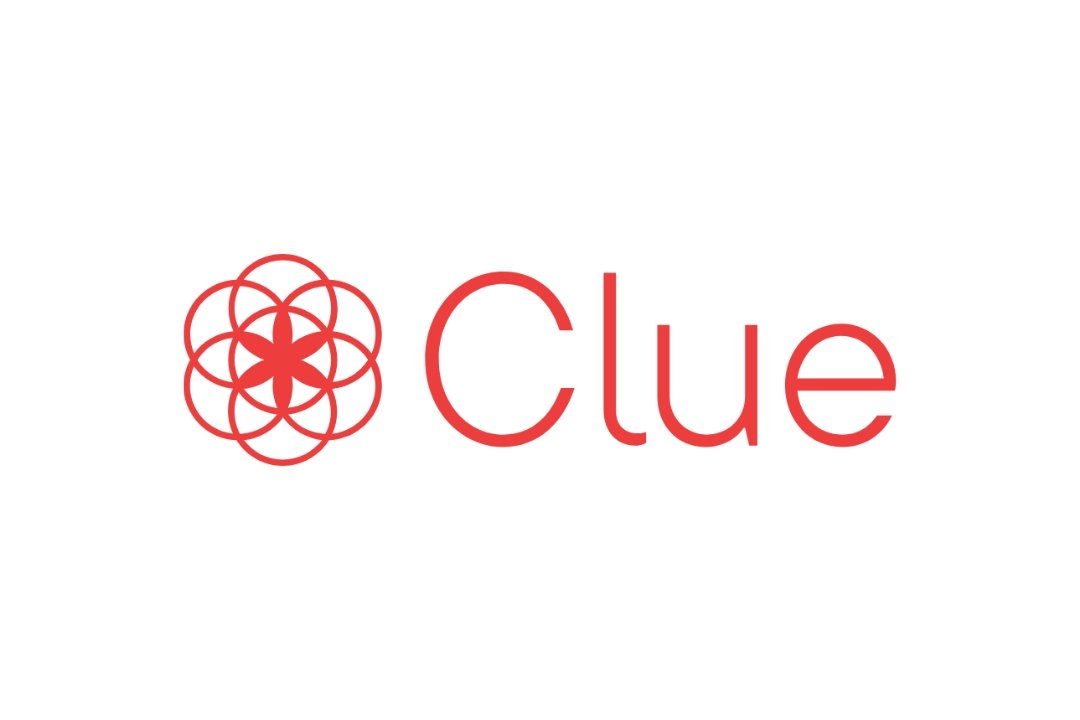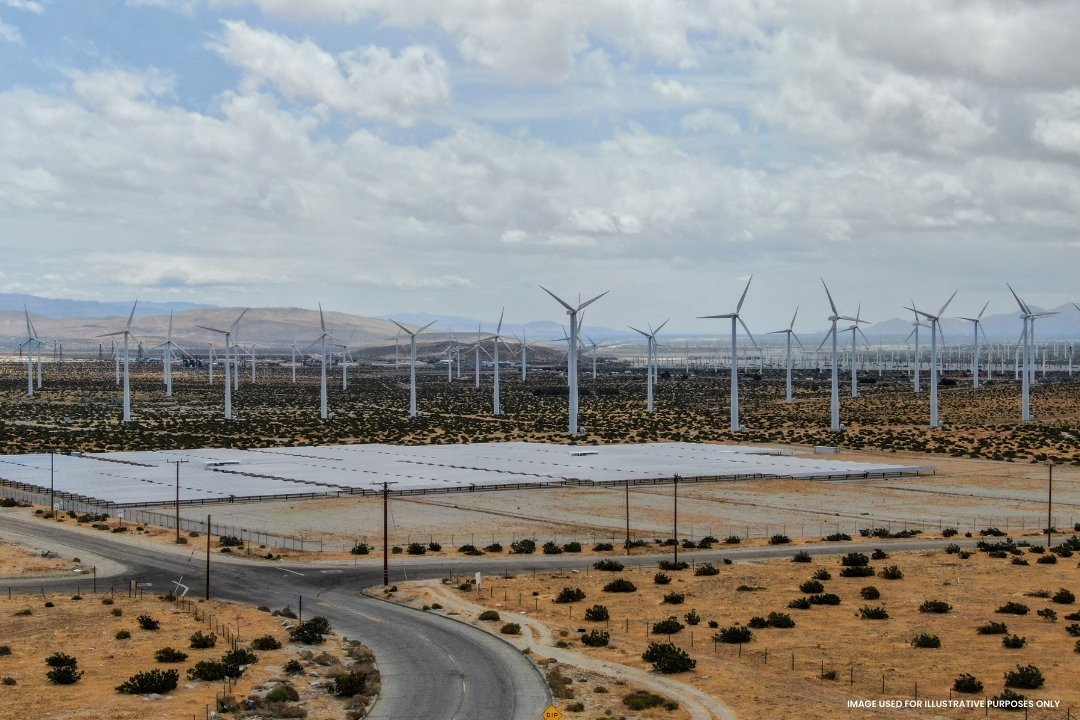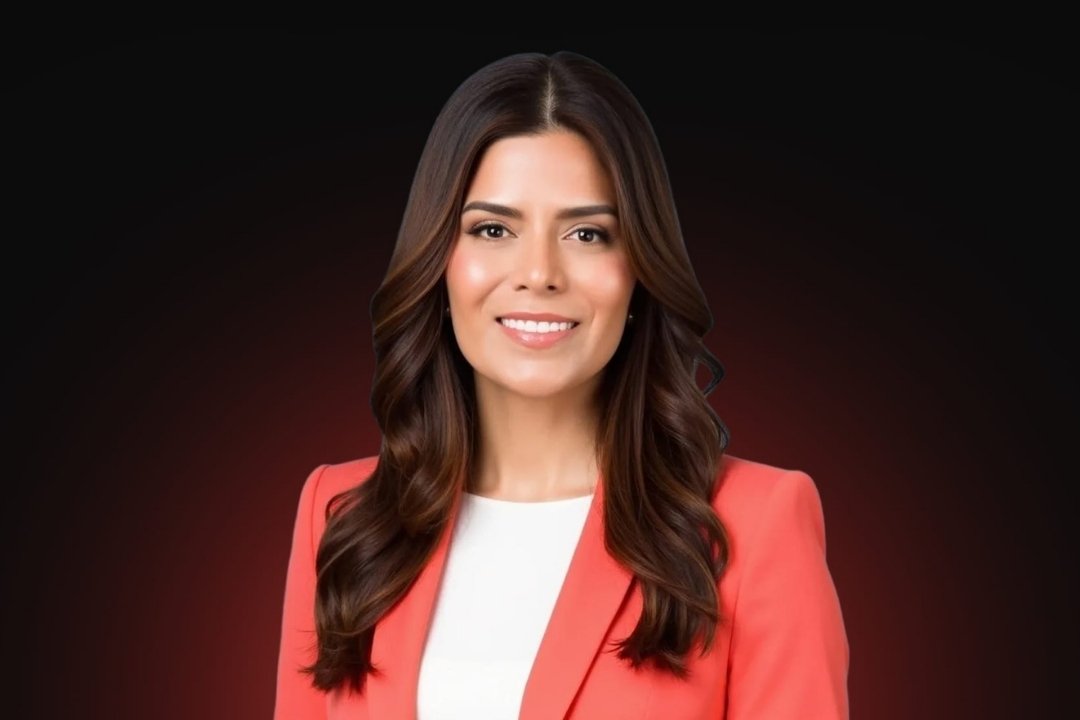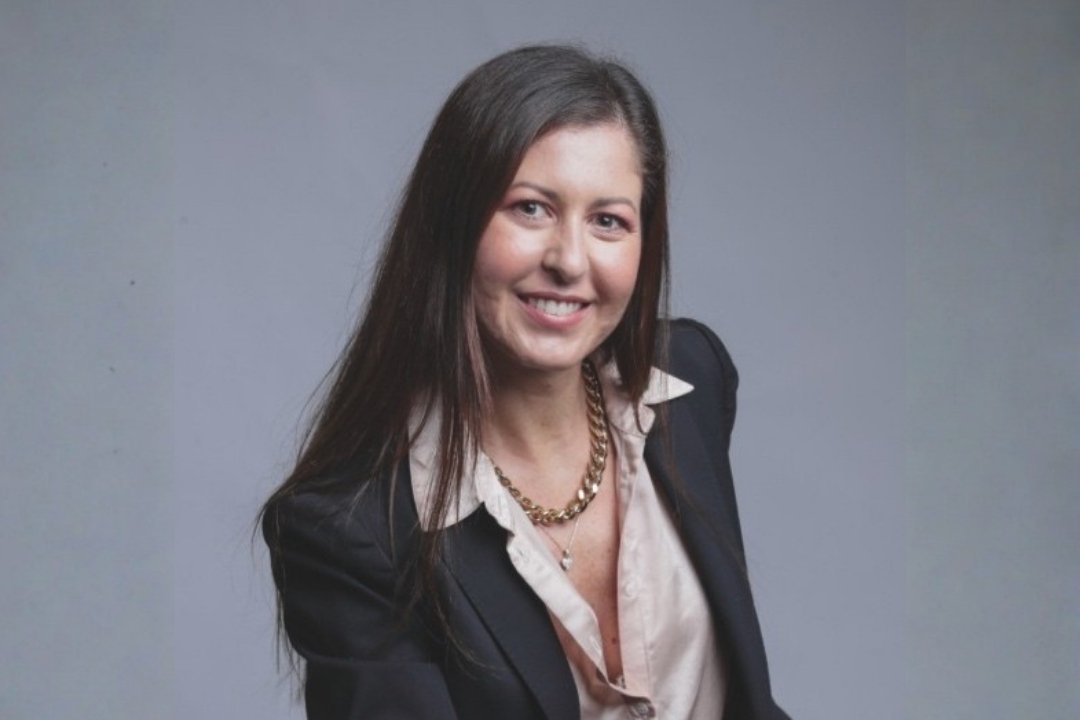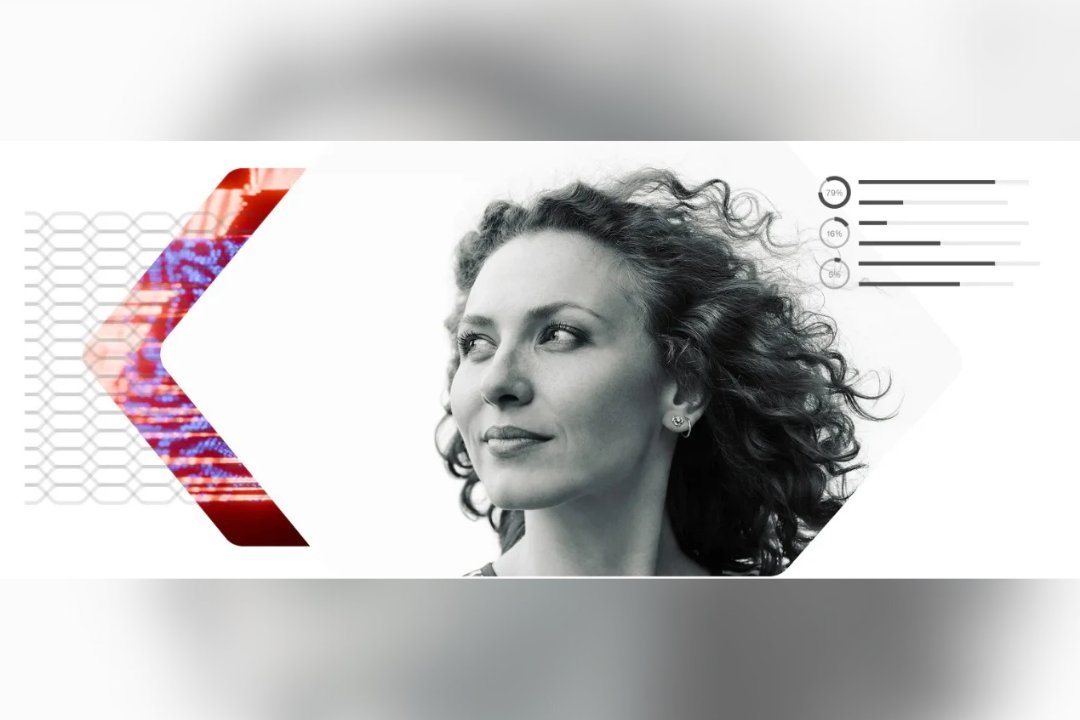Key Points:
1. The programme has enabled the launch of more than 212,800 projects
2. Funding for micro-projects aimed at women heads of households and young entrepreneurs ranges from EGP 1,000 to EGP 150,000. SMEs have access to starting funds of EGP 150,000, with no set upper limit, depending on the project’s specifics and bank approval.
3. Approved projects benefit from temporary, free licences, enabling them to begin operations immediately after securing their loans.
4. The programme provides three pathways for project implementation:
- Expanding Existing Businesses: For projects seeking growth.
- Replicable Model Projects: Focused on crafts and similar activities that utilise the resources available in each governorate.
- Innovative New Ventures: Introducing fresh project concepts with growth potential.
5. The programme offers technical and administrative training, along with feasibility studies and guidance, through specialised offices located in all governorates. These offices are staffed with representatives from local government, participating banks, and relevant licensing bodies, providing a comprehensive service for applicants
Egypt’s “Mashroa’ak” National Program for Community, Human, and Local Development has made substantial strides since its inception in 2015, according to Minister of Local Development, Manal Awad. The initiative, designed to drive community and economic development, has facilitated the creation of over 1.442 million jobs and supported 212,800 projects across the country.
The ‘Mashroa’ak’ programme is not just for the youth but is open to individuals of all ages looking to establish small and medium-sized enterprises (SMEs) in various sectors, including agriculture, industry, services, commerce, marketing, and freelance work, as well as livestock activities.
Since the programme’s launch, it has disbursed loans amounting to approximately EGP 29.2 billion. Minister Awad highlighted the programme’s role in fostering sustainable development across Egypt’s villages, cities, and districts, providing genuine employment opportunities in the process. “The ‘Mashroa’ak’ programme is steadily advancing and achieving significant success in driving community development while promoting sustainable and comprehensive development throughout the country,” Awad stated.
A key aspect of the programme is its alignment with President Abdel Fattah Al-Sisi’s directive to tackle unemployment through innovative community-focused solutions. This initiative seeks to create added value across all governorates, making it a cornerstone of Egypt’s broader development strategy. “We recognize the significant role that small enterprises play in job creation and economic development, often evolving into medium and large-scale businesses,” said Awad.
Looking forward, Minister Awad has pledged full support for the programme’s expansion. This will involve close collaboration with six major banks – Banque Misr, National Bank of Egypt, Agricultural Bank of Egypt, Banque du Caire, Bank of Alexandria, and the Housing and Development Bank. These banks are crucial in ensuring that the necessary funding reaches approved projects, which are allowed to start operations immediately upon receiving their loans, thanks to the programme’s provision of temporary, free licences.
The programme’s funding options are highly flexible. For micro-projects, loans can range from as little as EGP 1,000 to EGP 150,000. For SMEs, funding starts at EGP 150,000 with no upper limit, tailored to the project’s scope and bank approval. ‘Mashroa’ak’ offers three main paths for participants: expanding existing businesses, launching repetitive model projects like handicrafts that match local resources, and introducing new and innovative ideas.
For micro-projects, the necessary paperwork is straightforward, including a copy of the lease or ownership contract, national ID, a utility bill, and a letter from the local unit. Small projects require additional documentation, such as a tax card and commercial register, while medium-sized projects need even more detailed financial records and a feasibility study.
To streamline the application process, ‘Mashroa’ak’ has established 260 offices across all governorates, each staffed with representatives from local administration, banks, and licensing authorities. These offices provide comprehensive support to applicants, including technical and administrative training, particularly around feasibility studies and the use of temporary licences.
Minister Awad praised the dedicated efforts of the programme’s management, noting their role in ensuring the initiative’s success. This includes regular coordination with national banks, tracking progress, and updating the programme’s website to ensure that all applicants receive the necessary support.
As ‘Mashroa’ak’ continues to grow, it is set to play an increasingly vital role in Egypt’s economic landscape, helping to cultivate a new generation of entrepreneurs and small business owners across the country.



